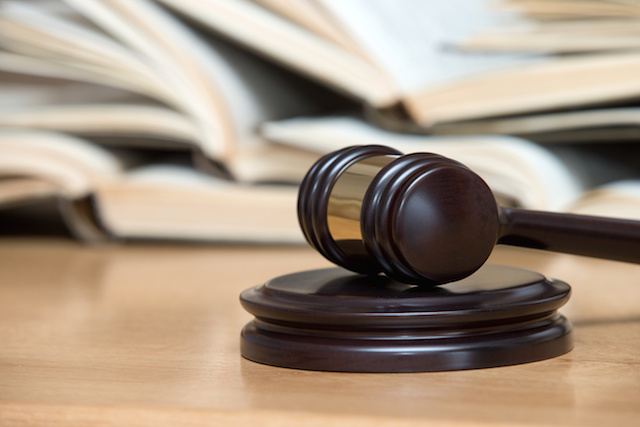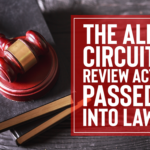The term “whistleblowing” can have a variety of meanings, and we often hear it thrown around in the media to describe a number of different scenarios. For example, the most famous “whistleblowers” of recent years have been Chelsea Manning (FKA Bradley Manning), a former US soldier who released 750,000 documents related to the U.S. government’s military actions in Afghanistan and Iraq, and Edward Snowden, a military contractor who released documents relating to the National Security Agency’s (NSA) alleged spying on U.S. citizens and foreign leaders.
Notably, regardless of what you think of the ethical motives and political agendas of Manning and Snowden, both of their actions were per se illegal under federal law, and indeed both faced felony charges. This is in stark contrast to the the type of “whistleblowing” that is not only legal, but is in fact encouraged by the federal government and can even result in millions of dollars of compensation for the courageous whistleblower, payable out of the recovery of ill-gotten gains by lawbreakers and courtesy of the federal government.
Why the U.S. Government Encourages Whistleblowing
Sanctioned whistleblowing has been an honored (and financially rewarded) activity since at least the Civil War, when President Lincoln signed into law the original version of the False Claims Act (FCA) to encourage private citizens to come forward with information relating to fraudulent transactions and claims for reimbursement presented to the federal government.
For over a century-and-a-half, the federal government has realized that one of the best way to root out fraud and illegal activity was to equip and incentivize those with the greatest visibility of illegal activity to share that information with authorities and thereby save taxpayers and innocent victims from being robbed by white collar criminals who believe they are above the law.
In recent years, there has been a marked increase in federal programs and activity related to rewarding whistleblowing. In addition to the FCA, the IRS rewards whistleblowers who bring information relating to tax fraud, the SEC rewards those who bring information relating to securities laws violations, and the CFTC rewards those who come forward with information relating to commodities fraud.
Speaking With a Whistleblowing Attorney is Ethical and Potentially Lucrative
It is of course the case that those individuals and entities who commit illegal acts will want to discourage those with knowledge of the acts from speaking to authorities, but doing so is not only ethical in the sense that it deters illegal behavior while protecting victims, but it can also be quite lucrative.
Whether the illegal act relates to procurement fraud, Medicare/Medicaid fraud, tax fraud, securities violations, or commodities violations, the federal government will reward those whistleblowers who come forward with, on average, between 15% and 25% of the total recoveries from the wrongdoers. In recent years, billions of dollars have been paid out to ordinary citizens who made the decision to not sit back and let crime go unaddressed.
When you speak with an experienced whistleblower attorney in a 100% confidential consultation, you will be provided with an initial assessment of your options and your likelihood of recovery.
Reach Out to an Experienced Whistleblower Attorney Today
At Kreindler & Associates, our experienced whistleblower attorneys will work with you every step of the way to determine your appropriate course of action, protect you from retaliation, and collect your much-deserved reward. All of our consultations are 100% confidential. Contact us today for an evaluation of your allegations.




